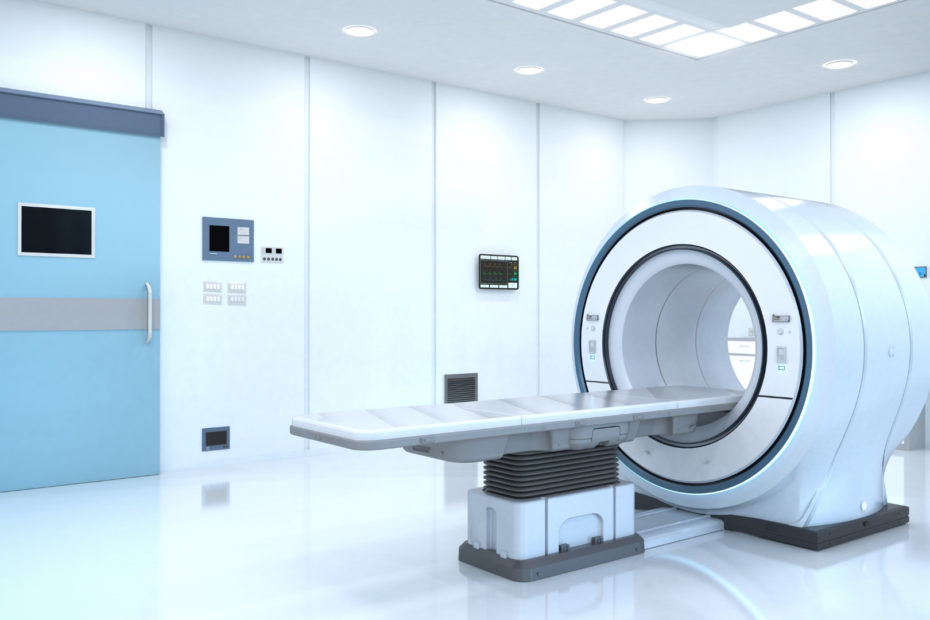When it comes to your health, peace of mind is priceless. Knowing what to expect before visiting a CT scan facility can help alleviate anxiety and ensure a smooth experience.
What Is a CT Scan?
Before we dive into preparation, let’s clarify what a CT scan is. CT stands for “computed tomography,” and it’s a medical imaging procedure that combines X-rays and computer technology to create detailed cross-sectional images of the body. These images are incredibly valuable for diagnosing and monitoring various medical conditions.
1. Consultation with Your Healthcare Provider
The first step in preparing for a CT scan is to have a consultation with your healthcare provider.
During this consultation, you should:
- Share any allergies or medical conditions you have.
- Mention if you’re pregnant or might be pregnant.
- Inform your doctor if you have kidney problems, as certain contrast agents can affect kidney function.
- Discuss any previous reactions to contrast materials used in imaging studies.
Once you have done your search for CT scan facilities near me, it’s essential to ask any questions or express concerns you may have.
2. Fasting and Dietary Restrictions
In some cases, your doctor might recommend fasting before the CT scan, especially if your abdomen or pelvis needs to be imaged. Fasting helps ensure clear images by reducing interference from digestive processes. Typically, you’ll be asked not to eat or drink for a specified period before the scan, usually about 4-6 hours.
3. Contrast Material
If your CT scan requires the use of a contrast material, your healthcare provider will explain the process. Contrast material is a dye that can be injected into a vein or taken orally. It helps highlight certain areas of your body, making them more visible on the CT images.
Before your scan:
- Inform your healthcare provider of any allergies or previous adverse reactions to contrast material.
- If you’re getting an oral contrast, follow the instructions provided regarding when and how to take it.
4. Clothing and Comfort
Wearing comfortable clothing is essential for your CT scan. Typically, you’ll be asked to change into a hospital gown, so it’s a good idea to wear loose-fitting attire that’s easy to remove.
Additionally:
- Remove any metal objects, such as jewelry or hairpins, as they can interfere with the scan.
- If you have a metal implant or device, inform the healthcare team in advance.
5. Arriving at the Facility
On the day of your CT scan, arrive at the facility well ahead of your appointment time. This allows you to complete any necessary paperwork and relax before the procedure.
6. During the Scan
Understanding what happens during the CT scan can help ease any anxiety. Here’s what you can expect:
- You’ll lie on a comfortable examination table that moves into the CT scanner.
- The radiologic technologist will position you properly and may place a contrast material IV line if necessary.
- The scanner will make a series of clicking and whirring noises as it takes images. It’s crucial to stay as still as possible during this time.
- You may be asked to hold your breath for short intervals to minimize motion blur in the images.
The entire process is painless and usually takes only a few minutes. The radiologic technologist will be in constant communication with you, so don’t hesitate to ask any questions or voice concerns.
7. After the Scan
Once the CT scan is complete, you’ll be asked to wait briefly while the images are reviewed to ensure their quality. If a contrast material was used, it will naturally pass through your system.
Your healthcare provider will discuss the results with you at a later appointment, providing insights into your condition and potential treatment options.
8. Potential Side Effects and Risks
While CT scans are generally safe, it’s essential to be aware of potential side effects and risks. These can include:
- Allergic reactions: In rare cases, individuals may have an allergic reaction to the contrast material, which can range from mild to severe. It’s crucial to inform the healthcare team of any allergies you have.
- Radiation exposure: CT scans involve a small amount of ionizing radiation. The risk of harm from this radiation is generally very low, but it’s important to discuss any concerns with your healthcare provider, especially if you’re pregnant.
- Kidney problems: If a contrast material is used, there is a small risk of kidney problems, particularly in individuals with pre-existing kidney issues. Your healthcare provider will assess your risk and take appropriate precautions.
9. Post-Scan Care
After your CT scan, there are typically no specific restrictions on your activities or diet. You can usually resume your normal routine right away. However, if you had a contrast material injection, it’s essential to drink plenty of water to help flush the dye from your system.
Conclusion
Preparing for a CT scan is all about ensuring your peace of mind and a smooth experience. Remember that your healthcare provider and the facility staff are there to support you and address any concerns you may have.
